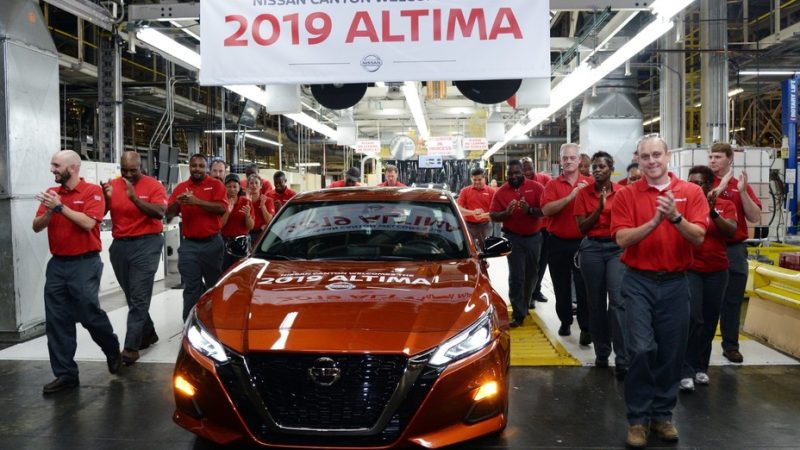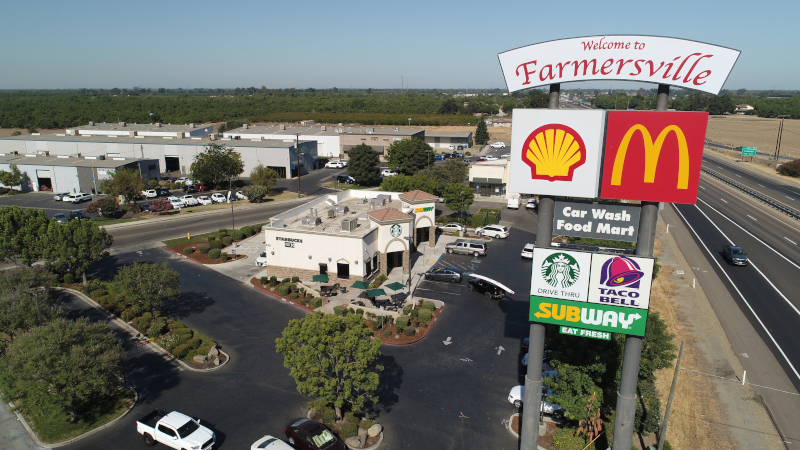: “Demystifying Dubai: Is it a City or a Country?”

Dubai, a glittering metropolis on the southeastern coast of the Arabian Peninsula, has captured the world’s imagination with its stunning skyline, luxurious lifestyle, and ambitious projects. As one of the most dynamic and rapidly growing destinations globally, there’s often confusion about its political and geographical status. Is Dubai a city, a country, or something in between? Let’s unravel the intricacies and explore the unique identity of this Arabian gem.
Dubai: A City in the United Arab Emirates (UAE):
Contrary to popular belief, Dubai is not a standalone country. It is a city and the largest emirate within the United Arab Emirates (UAE), a federation of seven emirates situated on the Arabian Peninsula. The other emirates include Abu Dhabi, Sharjah, Ajman, Umm Al-Quwain, Fujairah, and Ras Al Khaimah. Each emirate has its own local government, and they collectively form the UAE.
Historical Perspective:
To understand Dubai’s current status, it’s essential to delve into its history. Dubai was established as a fishing village around the 18th century and gradually transformed into a bustling trading port. In 1971, the emirates in the region, including Dubai, gained independence from British rule and subsequently formed the United Arab Emirates. Dubai’s growth skyrocketed, fueled by visionary leaders, such as Sheikh Rashid bin Saeed Al Maktoum, who invested in infrastructure, trade, and tourism.
The Transformation into a Global Hub:
Over the decades, Dubai evolved from a regional trading post into a global economic and tourism hub. The city’s skyline boasts architectural marvels like the Burj Khalifa, the world’s tallest building, and the Palm Jumeirah, a man-made archipelago. Dubai’s economy diversified from oil-dependent to service-oriented, focusing on industries like finance, real estate, and tourism. The city’s strategic location, state-of-the-art infrastructure, and business-friendly policies attracted multinational corporations and entrepreneurs worldwide.
Distinct Governance Structure:
The UAE follows a unique political structure that combines a federal government with individual emirate governments. Each emirate has a certain degree of autonomy over local affairs, such as education, healthcare, and infrastructure. However, the federal government, based in Abu Dhabi, oversees matters of national importance, including defense and foreign policy. Dubai has its own local government, headed by a ruler, and operates under the umbrella of the UAE’s federal system.
Dubai’s Local Government:
Dubai’s local government is led by a hereditary ruler, currently Sheikh Mohammed bin Rashid Al Maktoum. The ruler serves as the Prime Minister of the UAE and holds significant influence over Dubai’s development. The local government plays a crucial role in shaping the city’s policies, regulations, and long-term vision. It has implemented initiatives to enhance the quality of life, promote innovation, and establish Dubai as a global business and leisure destination.
Dubai as a Global Business Hub:
Dubai’s strategic location, advanced infrastructure, and business-friendly environment have positioned it as a key player in international trade and finance. The city hosts numerous free zones, offering tax incentives and simplified business processes to attract foreign investment. Additionally, Dubai International Airport has emerged as a major global aviation hub, facilitating seamless connectivity between East and West.
Cultural Diversity and Social Dynamics:
Dubai’s population is a vibrant tapestry of cultures, with expatriates making up the majority. People from around the world are drawn to the city for employment opportunities, a high quality of life, and a cosmopolitan atmosphere. The local culture is deeply rooted in Islamic traditions, but Dubai’s openness and tolerance have created a harmonious coexistence of diverse communities.
Tourism and Leisure:
Dubai’s allure extends beyond its economic prowess, drawing millions of tourists annually. The city offers a kaleidoscope of attractions, from shopping extravaganzas in grand malls to desert safaris and water sports. Dubai has positioned itself as a global tourist destination with iconic landmarks, luxury resorts, and world-class entertainment options, including the annual Dubai Shopping Festival and the Dubai Expo.
Conclusion:
In conclusion, Dubai is not a country but a dynamic city that serves as the flagship of the United Arab Emirates. Its remarkable journey from a desert outpost to a global economic powerhouse reflects the visionary leadership and determination of its rulers. Dubai’s unique blend of tradition and modernity, coupled with its strategic initiatives, has elevated it to a status that transcends its geographical size. As Dubai continues to evolve and shape its future, the world watches in awe, eager to witness the next chapter in this extraordinary urban tale.
1. Is Dubai a country or a city? Dubai is not a country; it is a city. It is the largest and most populous city within the United Arab Emirates (UAE), a federation of seven emirates situated on the Arabian Peninsula.
2. What is the United Arab Emirates (UAE)? The UAE is a sovereign state formed by the union of seven emirates, including Dubai, Abu Dhabi, Sharjah, Ajman, Umm Al-Quwain, Fujairah, and Ras Al Khaimah. Each emirate operates with a degree of autonomy but collectively forms the UAE.
3. How did Dubai become a prominent city? Dubai’s transformation from a trading port to a global city is attributed to visionary leadership and strategic investments in infrastructure, trade, and tourism. The city’s development accelerated after gaining independence from British rule in 1971.
4. Who governs Dubai? Dubai has its own local government, led by a hereditary ruler, currently Sheikh Mohammed bin Rashid Al Maktoum. While Dubai has autonomy in certain local affairs, it operates within the federal structure of the UAE, with the federal government based in Abu Dhabi overseeing national matters.
5. Does Dubai have its own laws and regulations? Yes, Dubai has its own legal system and regulations overseen by its local government. However, there are also federal laws that apply across the UAE, particularly in areas like defense, foreign policy, and certain aspects of legislation.
6. Is Dubai an independent entity in terms of foreign relations? No, Dubai is not independent in terms of foreign relations. Foreign affairs, defense, and other matters of national importance are the purview of the federal government of the UAE, based in Abu Dhabi.
7. What is the economic significance of Dubai? Dubai is a global economic hub with a diversified economy. Initially reliant on oil, the city has successfully shifted its focus to sectors such as finance, real estate, tourism, and trade. It hosts numerous free zones that attract international businesses and investors.
8. Can Dubai be considered a country due to its global influence? No, despite its global influence and economic significance, Dubai is not a sovereign nation. Its influence is part of the broader impact of the United Arab Emirates on the global stage.
9. How diverse is Dubai’s population? Dubai’s population is highly diverse, with a significant majority being expatriates. People from various cultural backgrounds and nationalities contribute to the city’s cosmopolitan atmosphere.
10. What makes Dubai a popular tourist destination? Dubai is renowned for its iconic landmarks, luxurious lifestyle, and a myriad of tourist attractions. From the world’s tallest building, the Burj Khalifa, to man-made marvels like the Palm Jumeirah, Dubai offers a blend of tradition and modernity that attracts millions of tourists annually.





